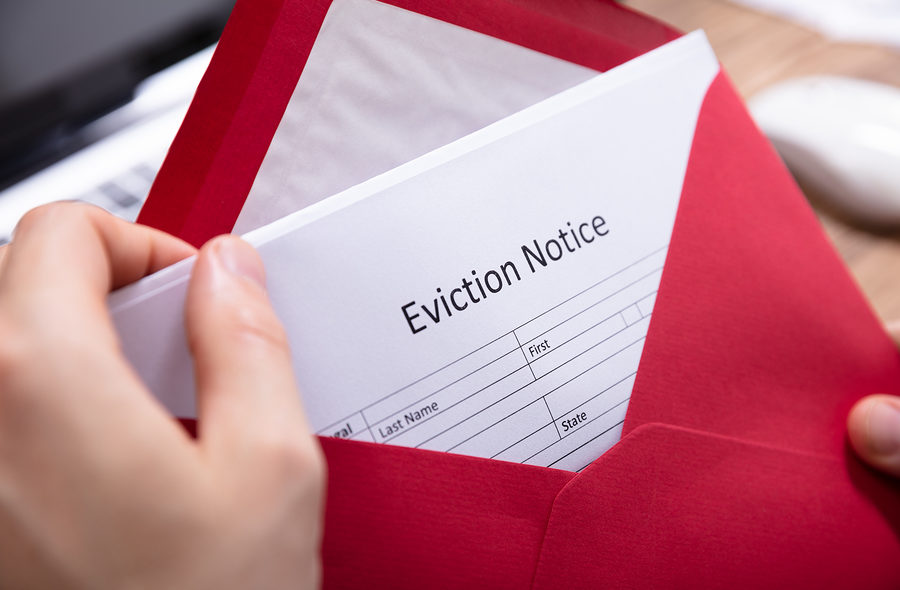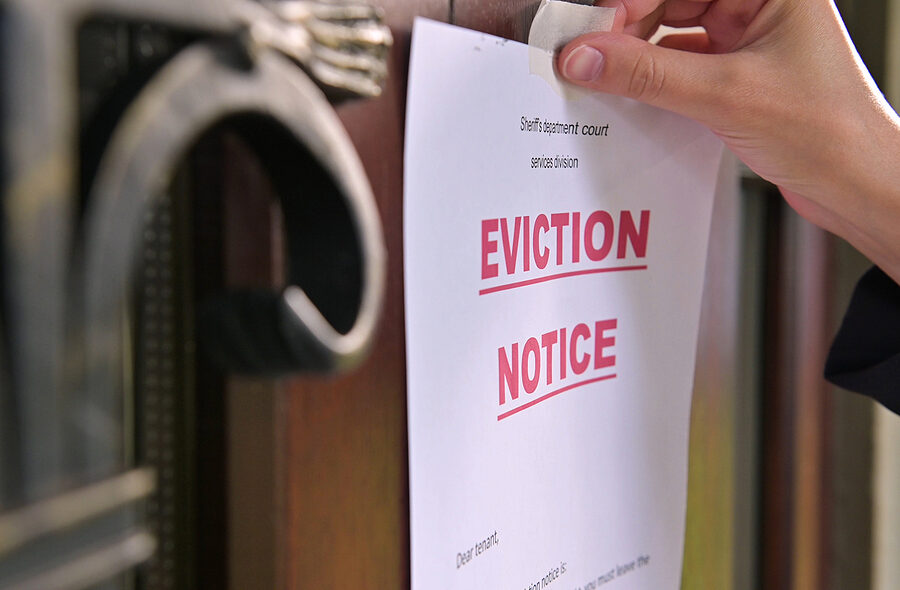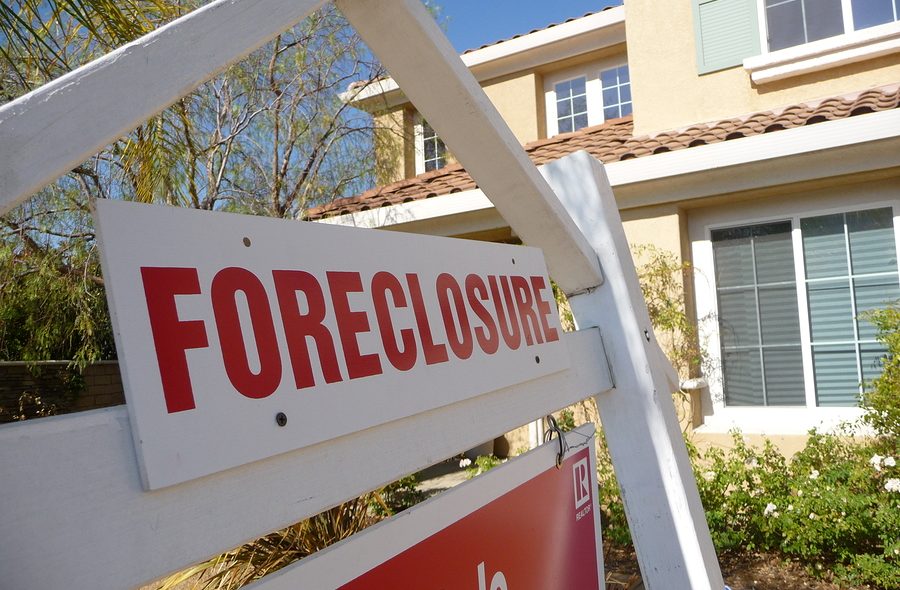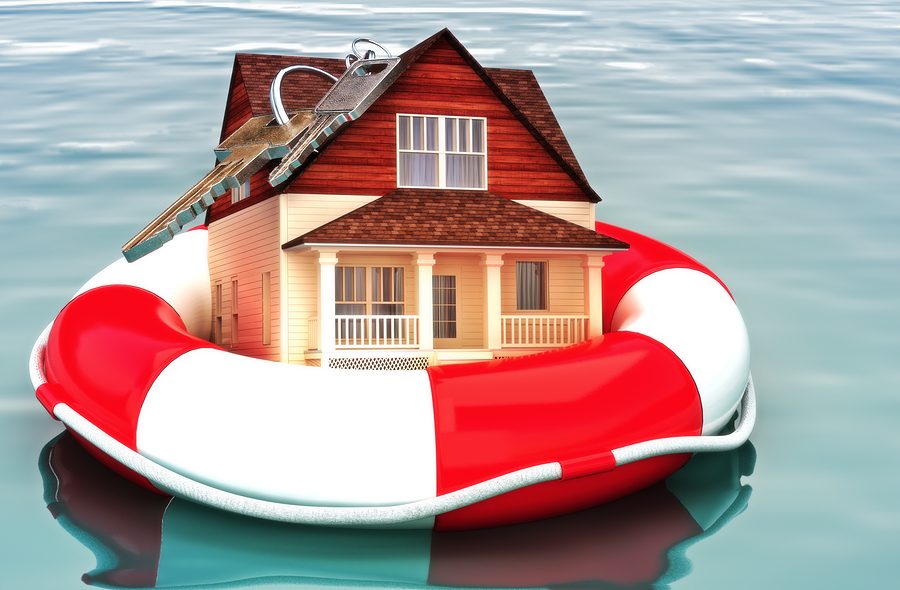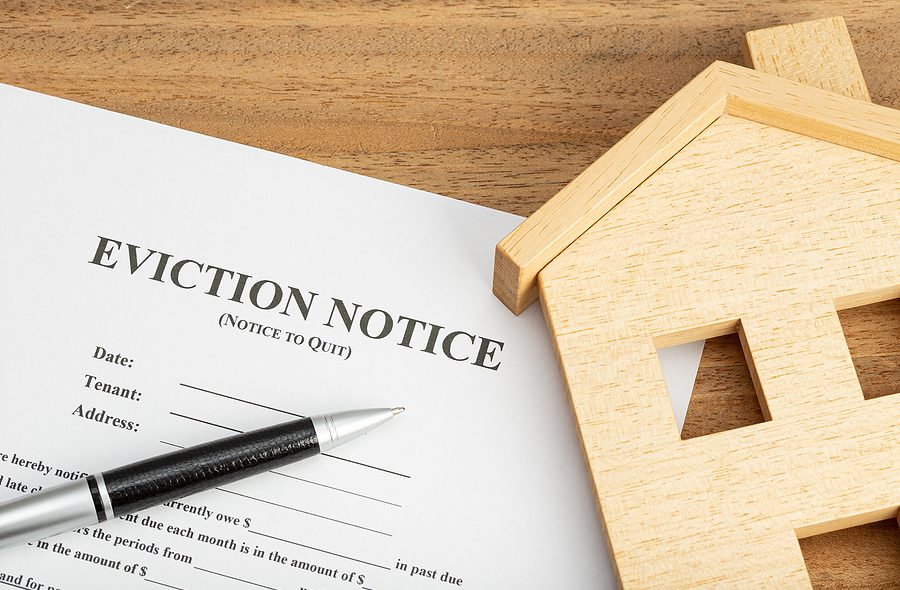Many Americans have been able to utilize the federal and state mortgage foreclosure moratoriums during the COVID-19 crisis to stay in their homes. But a record number of homeowners have fallen behind on their mortgage payments. According to statistics from the Consumer Financial Protection Bureau, the number of Americans who have fallen three or more months behind on their mortgage payments increased by 250 percent in 2020, reaching a record of over two million households nationwide. These figures have not been seen since the Great Recession.
It is estimated that the total amount owed is nearly $90 billion in deferred principal, interest, insurance, and tax payments. Financial analysts predict that the nation will soon see a wave of foreclosure lawsuits hitting the court system. However, it is possible for a consumer to stop the process from getting out of control and allow the individual to stay in his or her home.
The first step should always be for the homeowner to reach out to his or her mortgage lender. Pursuing a foreclosure costs the lender money. In fact, they end up losing more money through that process than they would gain if they worked on a deal with the homeowner to stay in the home, which is why so many of them are more than willing to negotiate.
Many mortgage lenders are offering loan deferral programs or are either lowering or deferring interest payments for a temporary period. They may also be willing to waive late fees and penalties. The key is the homeowner needs to ask, first. The lender is not going to proactively reach out to the homeowner to see if he or she needs assistance. Ultimately, it is up to the homeowner to request this.
If the consumer has already reached out to the lender and is not able to realistically catch up on payments and late fees, it may be best to sell the property to pay back what is owed. For this plan to truly succeed, the borrower needs to price the property to sell. The longer the home stays on the market, the longer the homeowner will be behind on his or her payments, making the home even more difficult to sell.
While the home is in default or foreclosure, the homeowner will likely be receiving mail from the court or lender regarding important dates and opportunities to make a deal on his or her payments. It is extremely important that all mail related to the home be opened immediately, be read, and if a response is required, be responded to quickly. The last thing the homeowner wants to do is miss an important court date or fail to take advantage of an opportunity if the lender is offering lower payments or a deal that could allow the person to remain in his or her home.
Lastly, to keep the home, it is important to continue making mortgage payments, if possible. Many people will take the idea of a moratorium and assume it means he or she does not have to pay on the mortgage debt during that period. The problem is, during a moratorium, mortgage bills continue to incur, and if payments are not made, the homeowner will fall behind even more than he or she was at the start of the moratorium. The mortgage bill is arguably one of the most important payments the homeowner makes, even above other bills or debts, such as credit cards or medical debt.
Filing for bankruptcy can help. It may seem counter-intuitive, but when someone is facing foreclosure and is in the middle of a major financial crisis, bankruptcy can be a viable option to help save that person’s home. Ultimately, it depends on your specific financial situation and the type of bankruptcy you file – but bankruptcy can be used as a tool to help keep your home.
The Power of the Automatic Stay
If your home is already set for a foreclosure sale, you may be asking, “how can I make it stop?” Filing for bankruptcy can put a stop to the process or at the very least postpone it. As soon as a petition for bankruptcy is filed, the court issues an order called an “automatic stay,” which puts an immediate halt to all collection activities that were happening to the homeowner before the petition was filed. This automatic stay also applies to foreclosure cases. Creditors (including your mortgage lender) must immediately cease collection attempts. Even if the mortgage lender has the home scheduled for a foreclosure sale, the sale will be postponed during a pending bankruptcy.
Please click here to read more.
Choosing the right attorney can make the difference between keeping your home or losing it in foreclosure. A well-qualified Miami foreclosure defense attorney will not only help you keep your home, but they will be able to negotiate a loan that has payments you can afford. Miami foreclosure defense attorney Timothy Kingcade has helped many facing foreclosure alleviate their stress by letting them stay in their homes for at least another year, allowing them to re-organize their lives. If you have any questions on the topic of foreclosure, please feel free to contact me at (305) 285-9100. You can also find useful consumer information on the Kingcade Garcia McMaken website at www.miamibankruptcy.com

